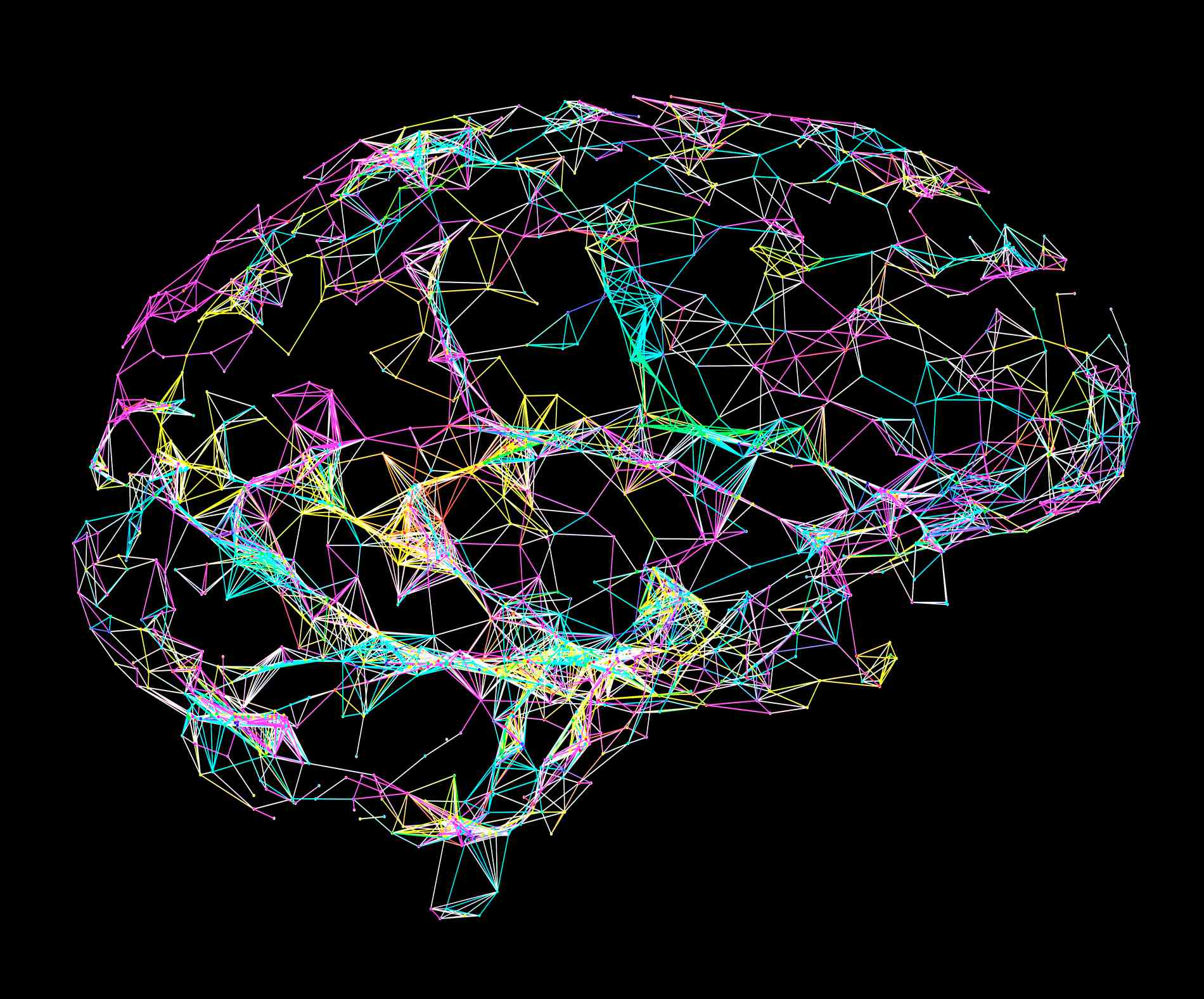
Science
11:40, 20-Apr-2019
Brain stimulation reverses age-related memory loss: study
CGTN

Stimulating a precise location of the brain's memory center with electromagnetic pulses improves the memory of older adults with age-related memory loss to the level of young adults, according to a study by Northwestern Medicine.
Using Transcranial Magnetic Stimulation (TMS) to target the hippocampus, the brain region that atrophies as people grow older and which is responsible for memory decline, the study of 16 people aged 64 to 80 with normal age-related memory problems shows it's possible to alter memory ability in older adults using this type of brain stimulation.
The researchers located the hippocampus, which is smaller in older adults, individually for each participant with an fMRI. An fMRI (functional MRI) measures how active a part of the brain is at a given time.
They then located an area of the parietal lobe that communicates with the hippocampus for stimulation delivery. This spot was behind and slightly above a person's left ear, but everyone had a slightly different spot.
"We stimulated where brain activity is synchronized to the hippocampus, suggesting that these regions talk to each other," said first author Aneesha Nilakantan, a neuroscience graduate student at Northwestern University Feinberg School of Medicine.

Stimulating a precise location of the brain's memory center with electromagnetic pulses improves the memory of older adults with age-related memory loss to the level of young adults, says a new study. /VCG Photo
Stimulating a precise location of the brain's memory center with electromagnetic pulses improves the memory of older adults with age-related memory loss to the level of young adults, says a new study. /VCG Photo
At baseline, younger and older adults were given memory tasks in which they learned arbitrary relations between paired things. Younger adults score about 55 percent correct and older adults less than 40 percent correct.
The researcher then applied high-frequency repetitive magnetic stimulation to the spot for five consecutive days for 20 minutes a day.
Twenty four hours after the final stimulation, the subjects were given a new memory test in which they had to learn new arbitrary relations between paired things. After the brain stimulation, older adults scored at the level of young adults on the memory tasks.
"Older people's memory got better up to the level that we could no longer tell them apart from younger people," said lead investigator Joel Voss, an associate professor at Northwestern University Feinberg School of Medicine. "They got substantially better."
The study also used a fake placebo stimulation condition, which did not improve memory.
In the next step, the researchers will test this approach on participants with mild cognitive impairment, the early stage of Alzheimer's disease. They will be stimulating the brain for longer periods of time.
The study was published Wednesday in Neurology, the medical journal of the American Academy of Neurology.
(Cover via VCG)
Source(s): Xinhua News Agency

SITEMAP
Copyright © 2018 CGTN. Beijing ICP prepared NO.16065310-3
Copyright © 2018 CGTN. Beijing ICP prepared NO.16065310-3